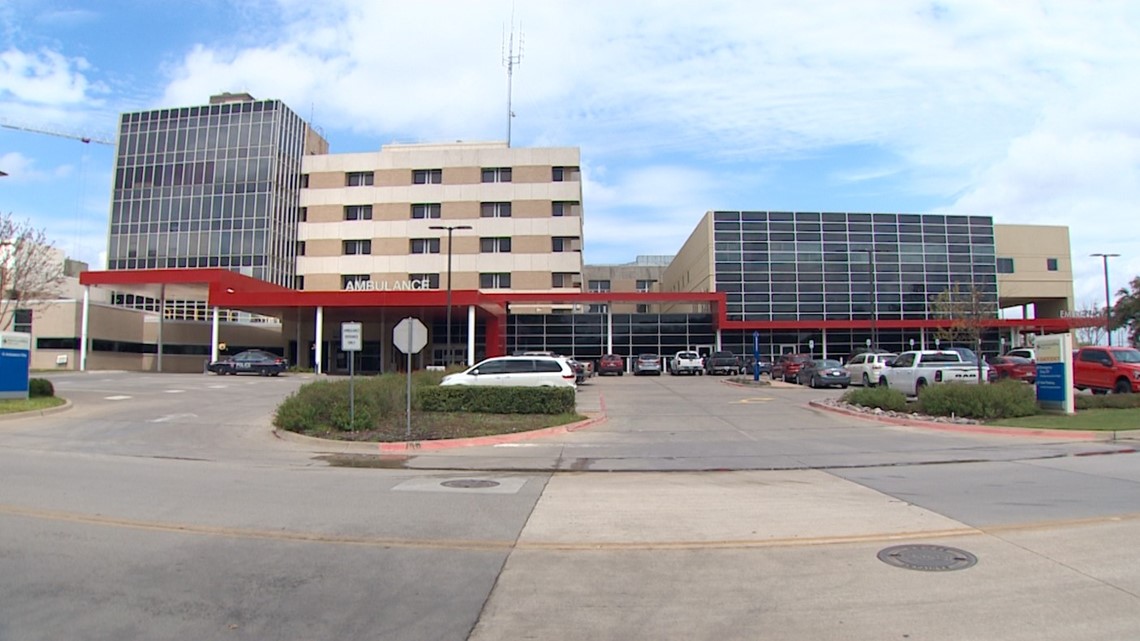Texas Hospitals Required to Collect Immigration Status Data
In a move that has stirred significant debate, Texas Governor Greg Abbott issued an executive order in August mandating that hospitals across the state begin collecting data on patients’ immigration status starting November 1. This directive specifically targets hospitals enrolled in Medicaid and the Children’s Health Insurance Program, as well as other healthcare providers identified by the Texas Health and Human Services Commission.
The Executive Order Explained
The executive order requires hospitals to inquire about the immigration status of patients during inpatient discharges and emergency visits. Abbott’s administration has justified this requirement by citing a "surge in individuals unlawfully crossing the Texas-Mexico border," claiming that Texas has been burdened with the medical costs associated with this influx. The data collected will include information on the costs incurred by hospitals when treating undocumented immigrants.
Hospitals are instructed to inform patients that their immigration status will not affect the quality of care they receive. This assurance aims to alleviate fears that patients might avoid seeking medical attention due to concerns over their immigration status.
Implications for Healthcare Providers
The Texas Hospital Association responded promptly to the executive order, emphasizing that hospitals are legally obligated to provide life-saving treatment to all individuals, regardless of their ability to pay or their immigration status. The association noted that this new requirement represents a significant shift in hospital protocol, as healthcare providers typically do not ask about immigration status as a condition for treatment.
The association’s statement reflects a broader concern within the healthcare community regarding the potential impact of this order on patient care. Hospitals are now faced with the challenge of implementing this new data collection process while ensuring compliance with existing laws that protect patients’ rights to receive medical care.
Political Context and Criticism
Governor Abbott’s executive order has been framed by some as a political maneuver rather than a genuine effort to address healthcare costs. State Representative Chris Turner, a Democrat from Arlington, criticized the governor for focusing on immigration status instead of tackling the root causes of high healthcare costs in Texas. Turner pointed out that the state leads the nation in the number of uninsured residents and argued that expanding healthcare coverage would be a more effective solution.
The American Civil Liberties Union (ACLU) of Texas has also voiced strong opposition to the executive order. They warn that by requiring healthcare workers to act as "shadow immigration officers," the governor is jeopardizing the health and safety of vulnerable populations. The ACLU emphasized that federal guidelines clearly state that anyone, regardless of immigration status, should have access to medical care. They expressed concern that this order could exacerbate existing health disparities in a state that already struggles with poor healthcare outcomes.
Broader Implications for Texas Healthcare
As Texas grapples with a high number of uninsured residents and significant healthcare challenges, the implications of Abbott’s executive order could be far-reaching. The requirement to collect immigration status data may deter some individuals from seeking necessary medical care, fearing that their information could be used against them. This could lead to worse health outcomes, particularly in communities already facing barriers to healthcare access.
The order mandates that the collected data be reported to the Health and Human Services Commission on a quarterly basis, with the first submission due in March 2025. This timeline raises questions about how hospitals will adapt to this new requirement and what measures will be put in place to protect patient confidentiality.
Conclusion
As Texas prepares to implement this new executive order, the healthcare community, policymakers, and advocates are left to navigate the complexities of immigration status and healthcare access. The debate surrounding this issue highlights the intersection of public health, immigration policy, and political strategy in a state that continues to face significant healthcare challenges. The coming weeks and months will reveal how hospitals adapt to these new requirements and the potential impact on patient care in Texas.
